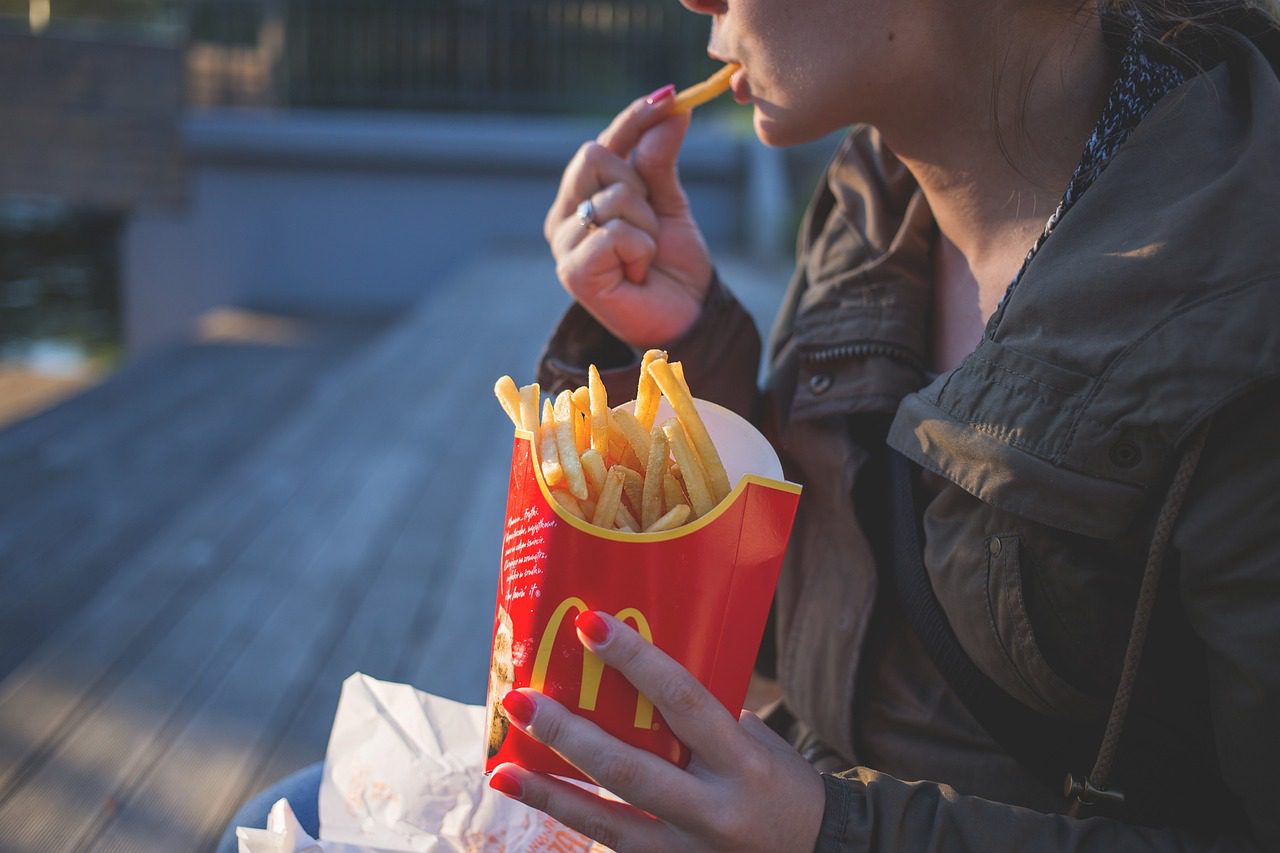
Pregnancy is a transformative journey filled with joy, anticipation, and a whole range of unique experiences. One of the most intriguing aspects of pregnancy is undoubtedly the phenomenon of cravings. Many expectant mothers find themselves yearning for peculiar food like pickles and ice cream. But what exactly triggers these intense cravings during pregnancy?
Hormonal Changes:
Hormonal fluctuations play a significant role in a woman’s body during pregnancy. The surge in hormones, particularly estrogen, and progesterone, can influence the sense of taste and smell, leading to heightened sensory experiences. These hormonal shifts may alter the way certain foods taste and trigger cravings for specific flavors or textures. It’s not uncommon for pregnant women to develop an affinity for foods they previously disliked or have a sudden aversion to foods they once loved.
Nutritional Needs:
Pregnancy is a time of increased nutritional demands as the body works hard to support the growth and development of the baby. Cravings may arise as a subconscious response to the body’s requirement for specific nutrients. For example, a craving for citrus fruits might indicate a need for vitamin C, while a desire for red meat could stem from a requirement for protein and iron. While cravings don’t always align with healthy choices, they can sometimes serve as a signal that the body needs a particular nutrient.
Emotional and Psychological Factors:
Pregnancy is an emotional rollercoaster, with fluctuating moods and heightened sensitivity. Cravings can sometimes be linked to emotional and psychological factors, serving as a source of comfort or a way to cope with stress or anxiety. Comfort foods like ice cream or chocolate may provide a temporary mood boost or a sense of familiarity during times of emotional vulnerability. The intense physiological and emotional changes experienced during pregnancy may contribute to the development of certain food preferences.
- Cultural and Social Influences:
Cravings during pregnancy can also be influenced by cultural and social factors. Family traditions, societal expectations, and the experiences of other pregnant women within a community can shape a woman’s cravings. For instance, if a particular food is considered auspicious or traditionally consumed during pregnancy in a specific culture, an expectant mother from that background might feel a stronger urge to indulge in that food.
Psychological Conditioning and Expectations:
The power of suggestion should not be underestimated when it comes to pregnancy cravings. Media portrayals, anecdotes from friends and family, or even fictional representations of pregnancy in movies and television can subconsciously influence an expectant mother’s cravings. The mind is a powerful instrument, and the anticipation of cravings may sometimes lead to their manifestation.
Even with cravings being a normal part of pregnancy, it’s important to talk to your healthcare provider about your specific dietary needs during pregnancy and follow their recommendations for a healthy pregnancy. If you are interested in learning more about surrogacy options or are interested in becoming a surrogate mother, please contact us at 713-622-1144, and we will be here to help you with any questions.


Recent Comments